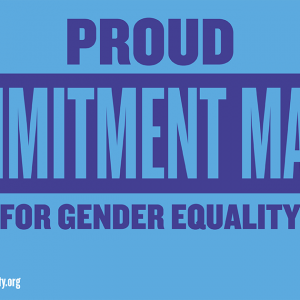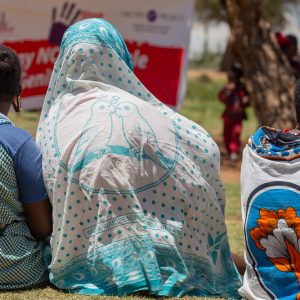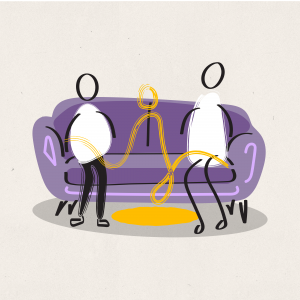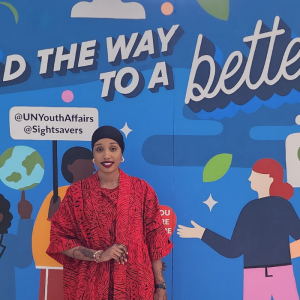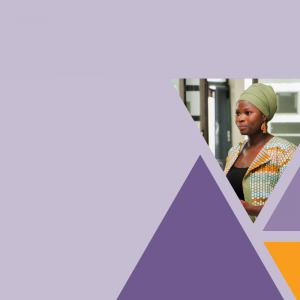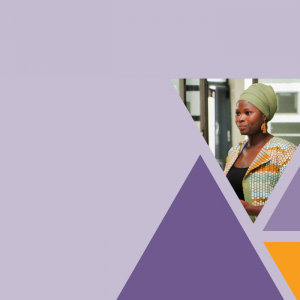This time last month, I was in Vancouver and in great company; surrounded by fellow activists and changemakers committed to women’s rights and gender equality at Women Deliver 2019. There, great progress was made by the over 80 civil society activists and organisations that came together to share, plan and organise to end female genital cutting (FGC).
Orchid Project was one of a group of NGOs from around the world that convened the sector at a pre-conference event on ending FGC – Uniting Forces to Make Female Genital Mutilation/Cutting (FGM/C) A Practice of the Past.

View over Vancouver Harbour, where WD2019 took place. Image credit: Ebnoy Riddell Bamber.
This was a first-time gathering for our sector, backed up by months of collaborative planning, and a global survey that engaged over 200 people from 46 countries. The survey gathered views on the main challenges, key issues and opportunities for collaboration from a diverse group of individuals for whom ending FGC, in line with the Sustainable Development Goals (SDGs), is a top priority. Work is already underway on devising the best way to share that rich source of information – for civil society, researchers and governments alike. So watch this space!
The pre-conference itself combined empowering “TED-style” talks, a group meditation session, panel discussions, and intensive group work on the key themes that emerged from the survey. The aim was to develop unified calls to action, forged by those people in the room on 2nd June 2019, and informed by the views of a much broader constituency of over 200 voices across 46 countries that responded to our survey.
The event organisers included Amref Health Africa, Coalition on Violence Against Women (COVAW), End FGM Canada Network, Equality Now, Sahiyo, The End FGM European Network, The Girl Generation, The Inter-African Committee on Traditional Practices, The US End FGM/C Network , There is No Limit Foundation and Tostan. And we plan to share the full call to action soon, covering crucial themes such as:
- How to bridge the gap between law, policy and community-level change
- How to challenge social and gender norms
- How to strengthen the evidence base on FGC
- How to better support and provide services for survivors
- How to respond to emerging trends such as medicalisation and lower ages of cutting
- How to increase resources to achieve the global goals
Huge thanks must go out all our fellow organisers, participants and to Katja Iversen, CEO of Women Deliver, and the whole team for giving us the impetus and space to make this happen.

